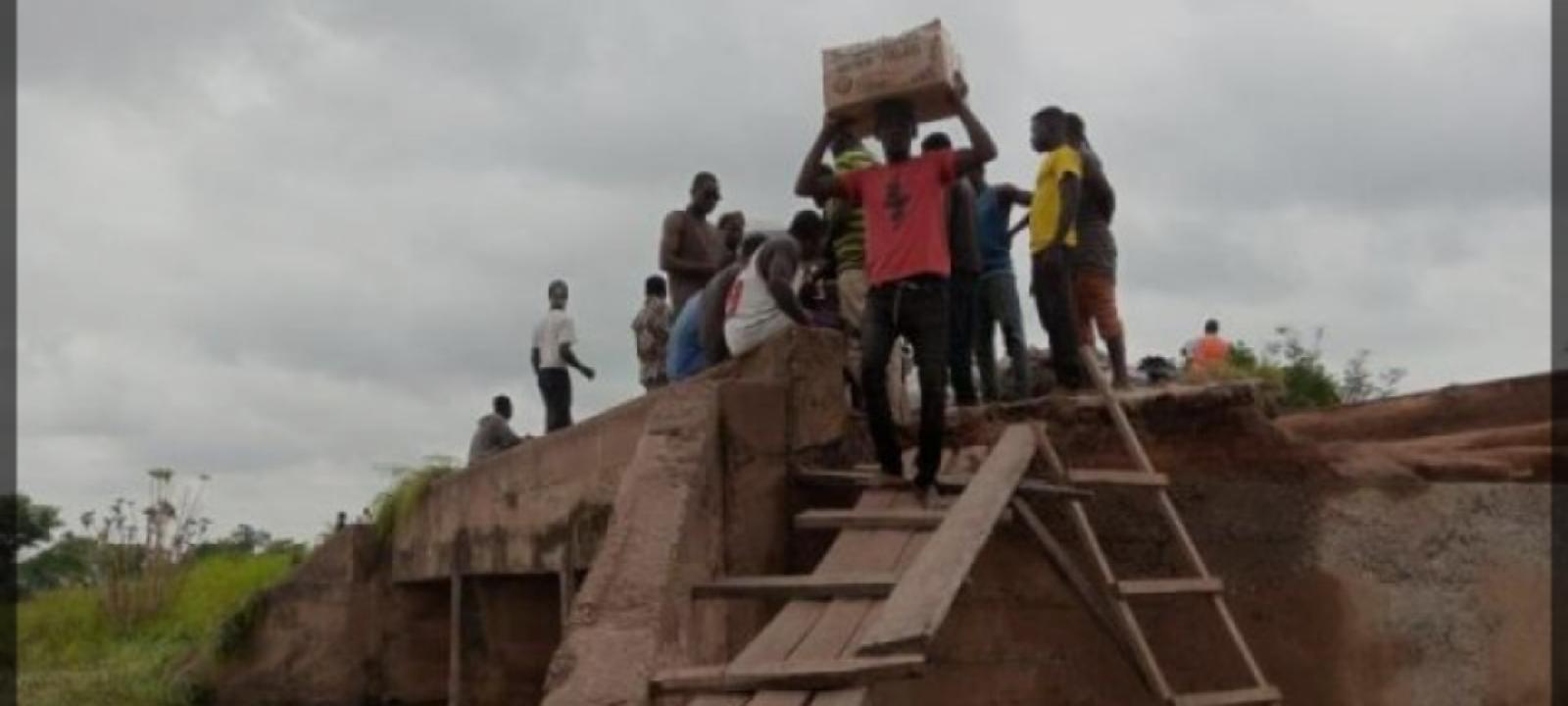Vote buying is causing problems in many African countries, including Ghana and Nigeria. These practices harm democracy and hinder social and economic development, leaving citizens broke and the country impoverished while allowing managers of the nation to become super rich. If changes are not made, the situation will deteriorate, perpetuating a cycle of wrongdoing and poor governance.
In Ghana and Nigeria, politicians buy votes using various tactics. The poorest people can be influenced by small gifts like T-shirts, rice, and cooking oil. The middle class demands more money. This only benefits the wealthy politicians who make secret deals to win and maintain power.
Attaining power, maintaining, and controlling it becomes more important than aiding citizens or advancing the nation's development. We have succeeded in building a system where political profession is a business model, and a political appointment is like winning a jackpot. The positions come with power but without responsibilities.
What hurts most is the disrespect for the citizens. Politicians promise them whatever comes into their minds, though unable to fulfill, and return in a few years to make more promises. The electorate is not only vulnerable but also gullible.
The worst offenders are people who live outside their home countries, known as the diaspora, who are supposed to know better, are becoming part of this unethical system. They travel back to vote in exchange for money, forfeiting their right to criticize these actions and question the status quo.
What a shame!
Financial contributions from the diaspora worsen the situation. You complain about people who are reckless in wasting state money, large convoys, large arms of governments, and excessive money wasted on meetings and travels overseas, and yet you gather money from your "aprapra" (washing dishes and cleaning toilets) and send it to them during elections. This is irresponsible, insane, and unintelligent.
Politicians who use money to influence voters turn to stealing the country's resources to regain their investments. Funds that should be allocated to schools, hospitals, and roads are stacked for the next campaigns and elections. Citizens are unable to hold their leaders accountable because they have demanded their shares in the form of t-shirts.
To rectify this system, we must reform the way we vote. In Ghana, the current delegate system favors vote buying. It should be replaced with a more equitable and transparent process, allowing all party members to participate in the voting process. Some individuals express concerns that increased voter participation may lead to more bribery, but the current flawed system also requires improvement.
It is crucial for people to recognize that they should not sacrifice their future for token gifts. By succumbing to vote buying, they harm themselves and impede their country's progress. We need leaders who are honest, capable, and committed to national development. However, this change will not occur until voters reject these unethical practices.
Remember, "Schools under Trees" have been a trademark for over a century in Ghana. What a shame! Until we place the right people into positions of responsibility, our woes will never end.
Vote buying and unethical practices in African politics, particularly in Ghana and Nigeria, have severe consequences. Citizens must understand their power and advocate for electoral reforms that foster transparency and fairness. By valuing integrity and the well-being of their country, citizens can break free from these practices and strive for a brighter future.
The highest bidder concept, the sale of conscience, will only worsen our problems. Keeping it as it is will not help, change is inevitable.
Desmond John Beddy
Sidebar
Magazine menu

 Teline V
Best News Template For Joomla
Teline V
Best News Template For Joomla
29
Mon, Apr
0
New Articles













